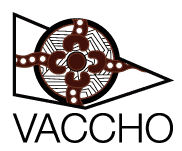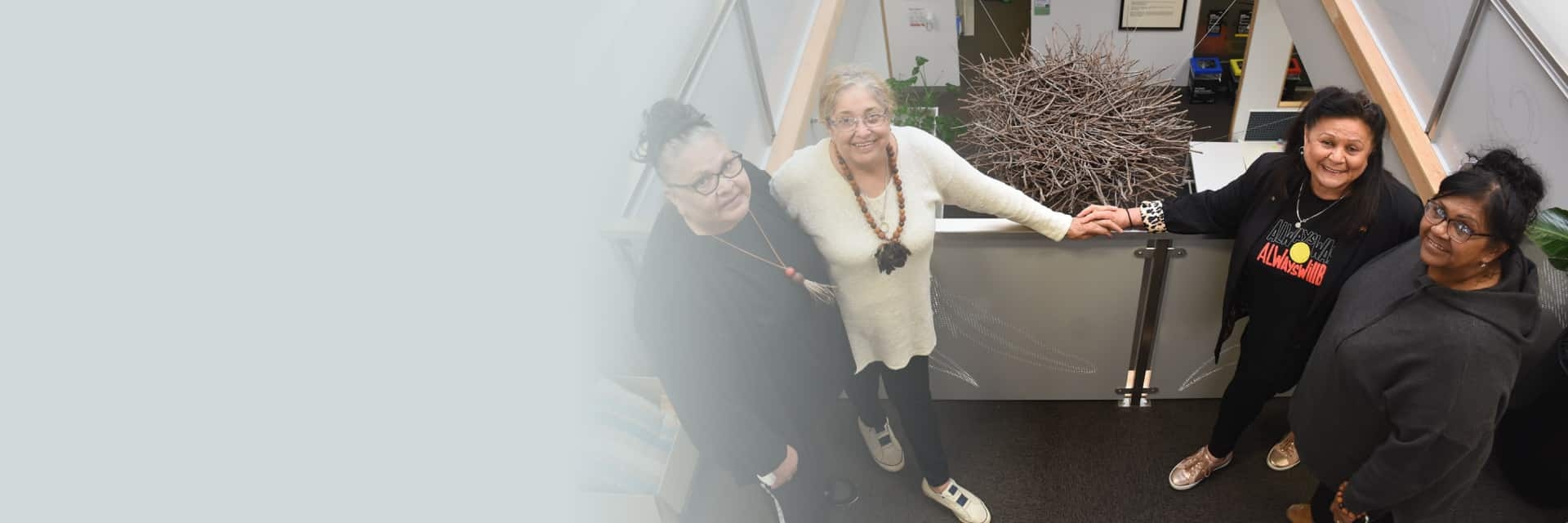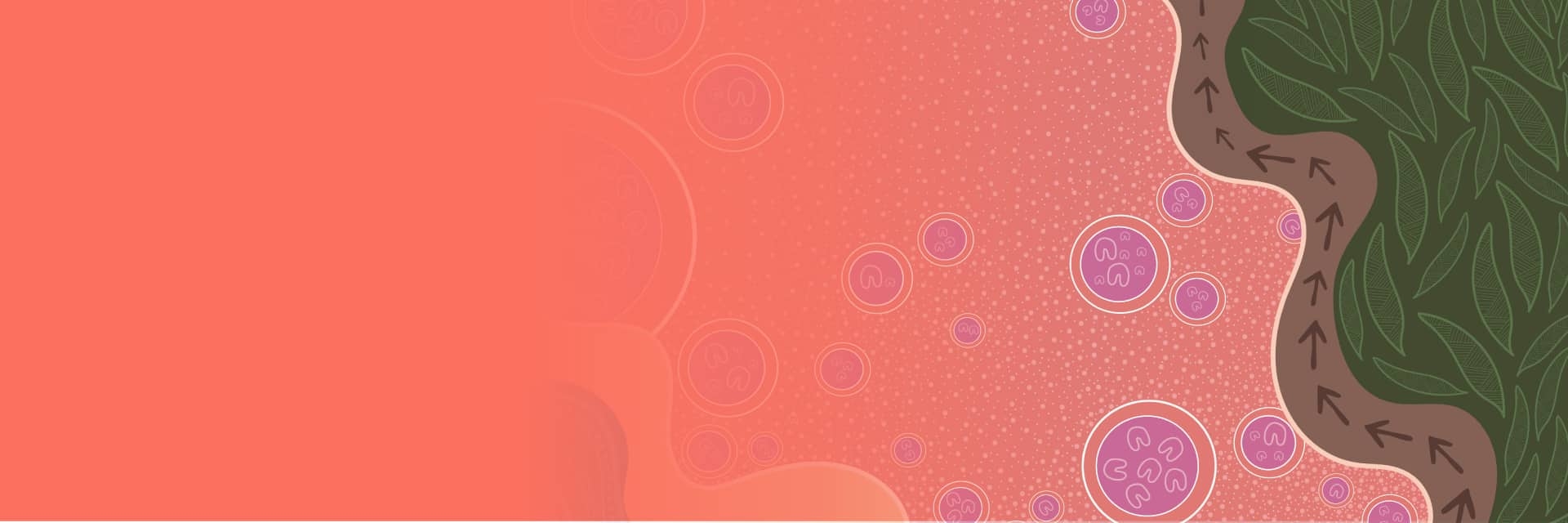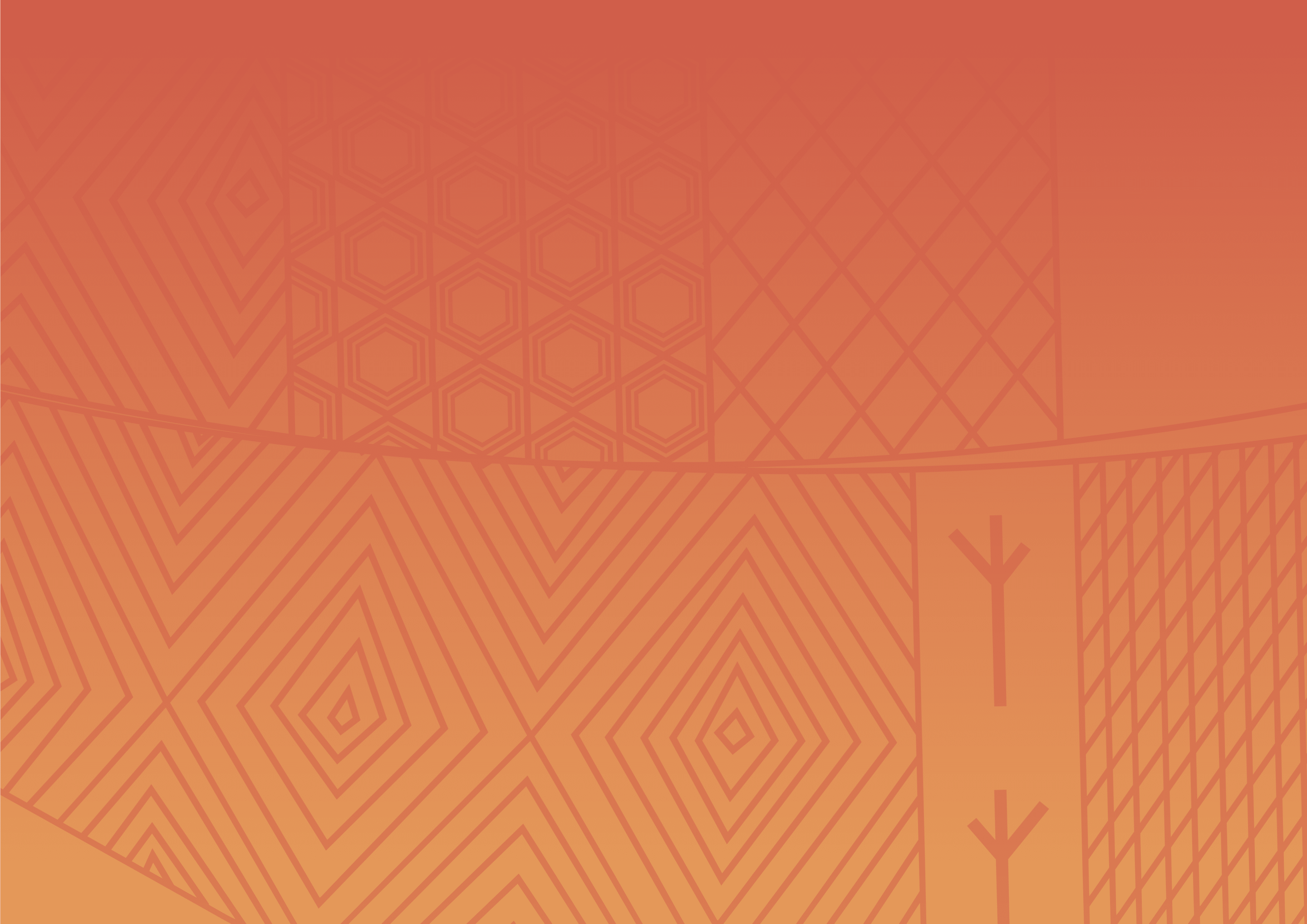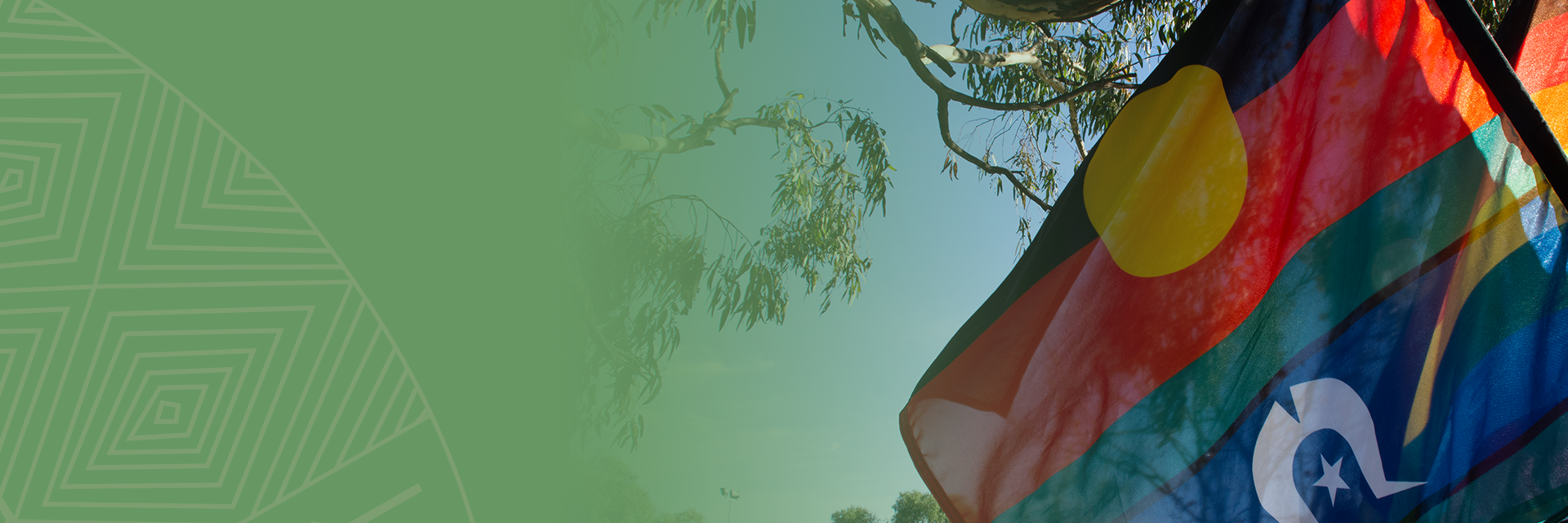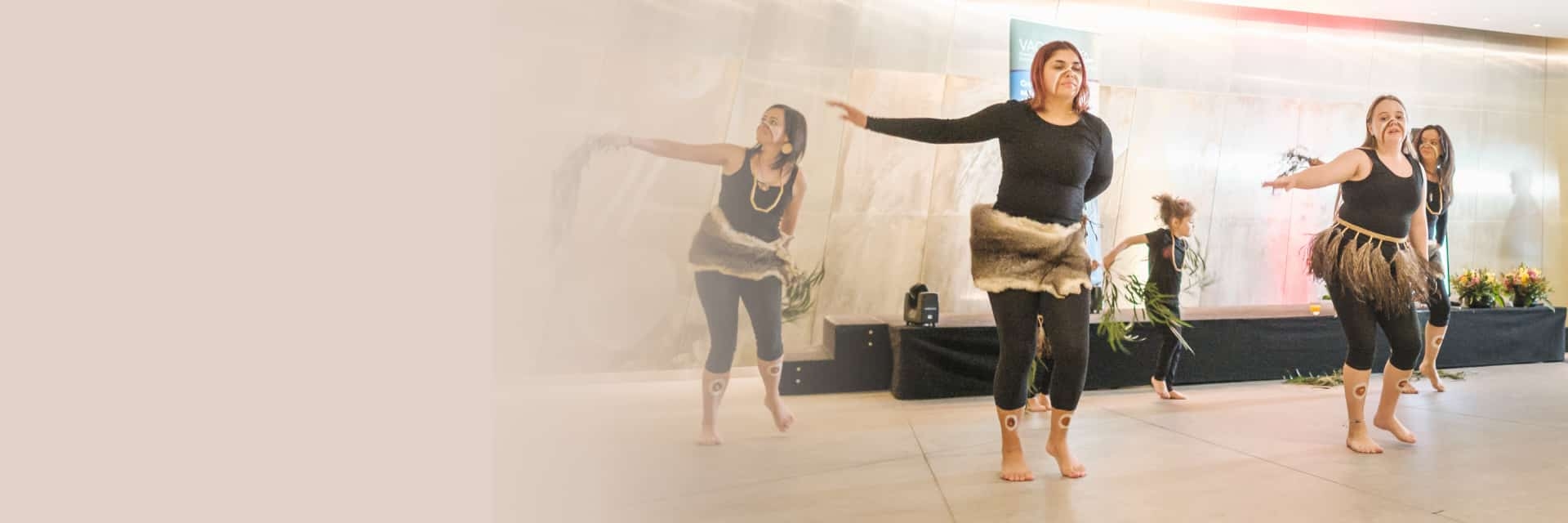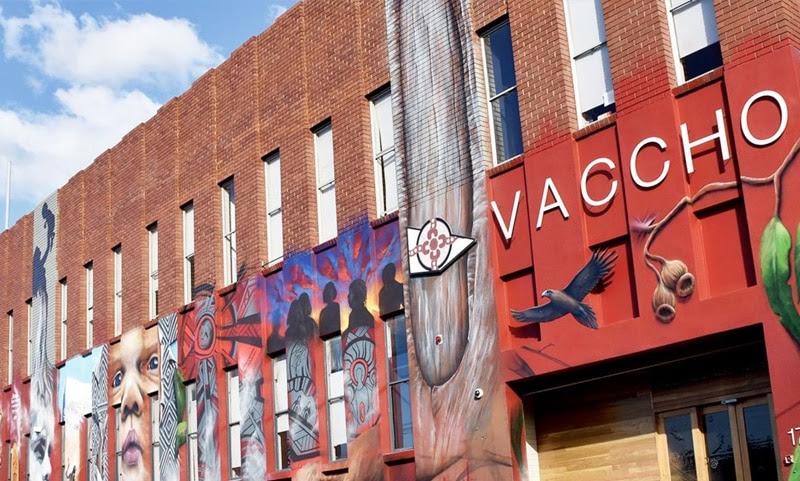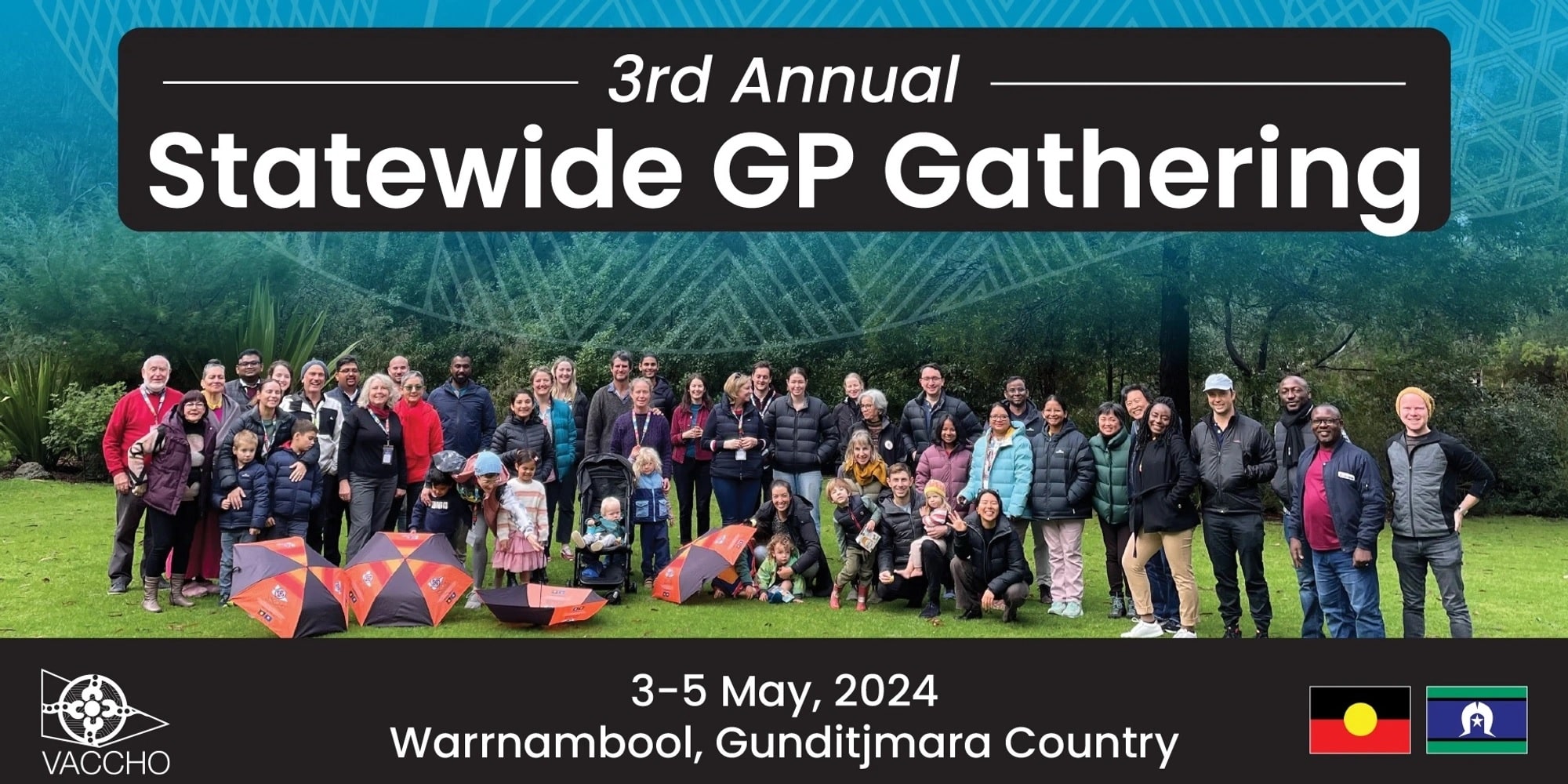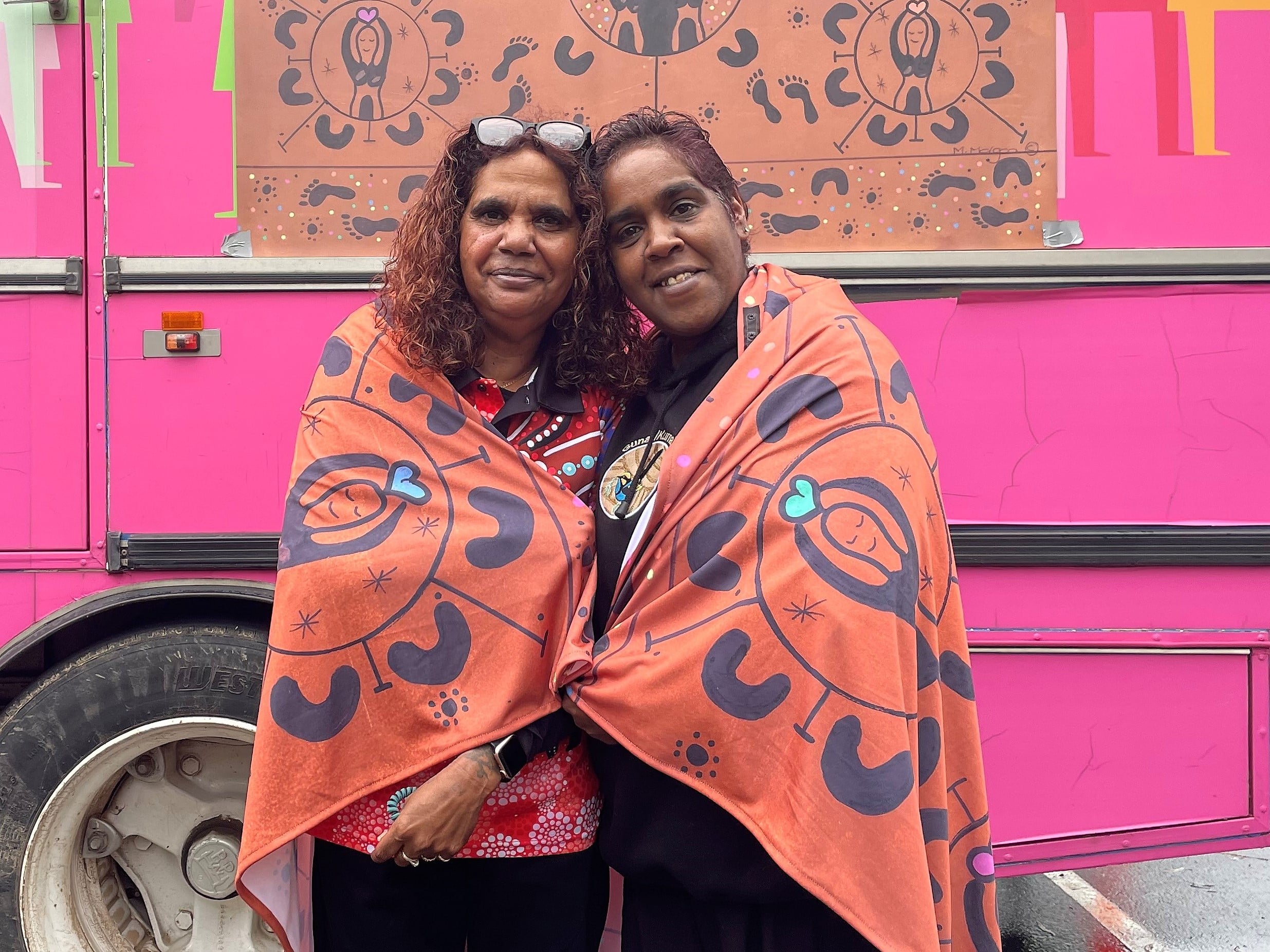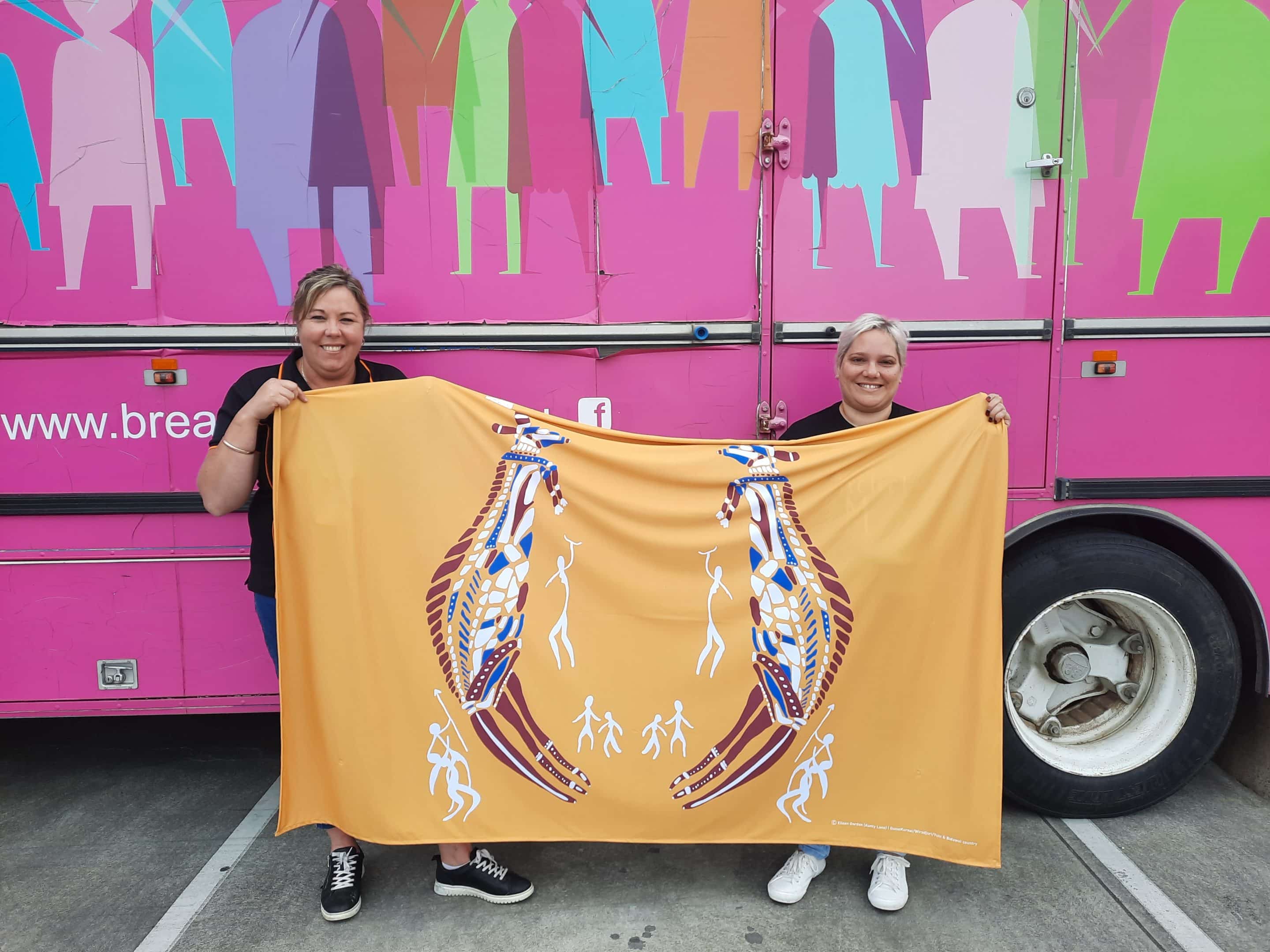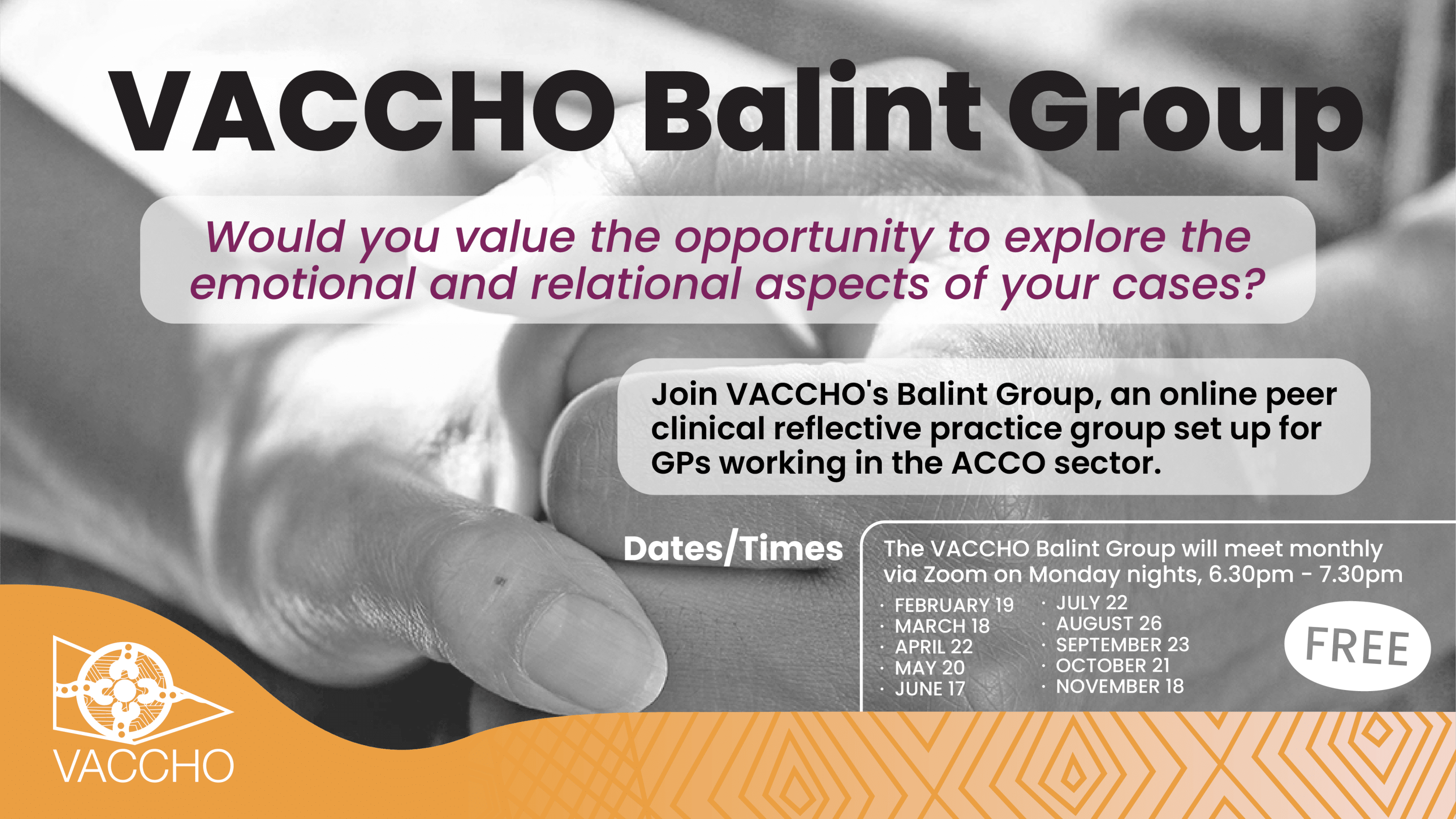Your Health
Education & Training
Policy & Advocacy
Cultural Safety Services
Your Health
Policy & Advocacy
Cultural Safety Services
VACCHO is the peak representative for the health and wellbeing of Aboriginal and Torres Strait Islander people in Victoria
We have 33 member Aboriginal Community Controlled Organisations providing support to over 65,000 Aboriginal and Torres Strait Islander people across the state. We lead and support Aboriginal Community Control and the broader health and social services sector to deliver transformative health and wellbeing outcomes for Aboriginal communities in Victoria.
Latest News
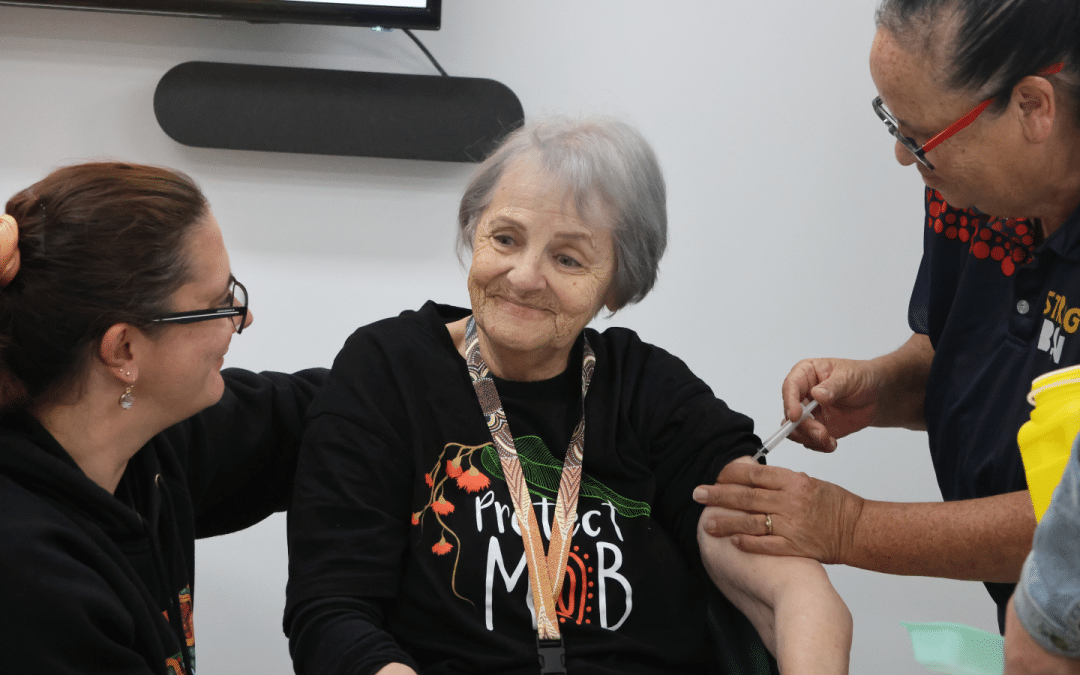
Aboriginal Health Practitioners can now administer immunisations to Community
Good news just in time for World Immunisation Week: AHPRA-registered Aboriginal Health Practitioners and Workers can...
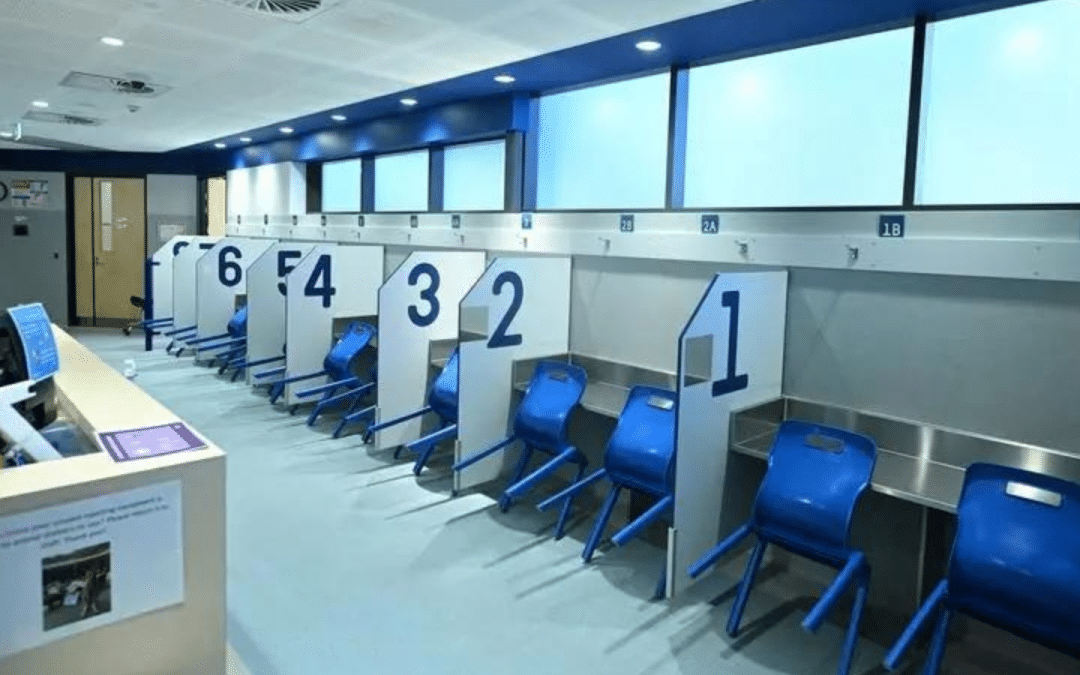
Not opening a second supervised injecting room fails Victoria’s most vulnerable people
The Victorian Aboriginal Community Controlled Health Organisation (VACCHO) and The Balit Durn Durn Centre are deeply...
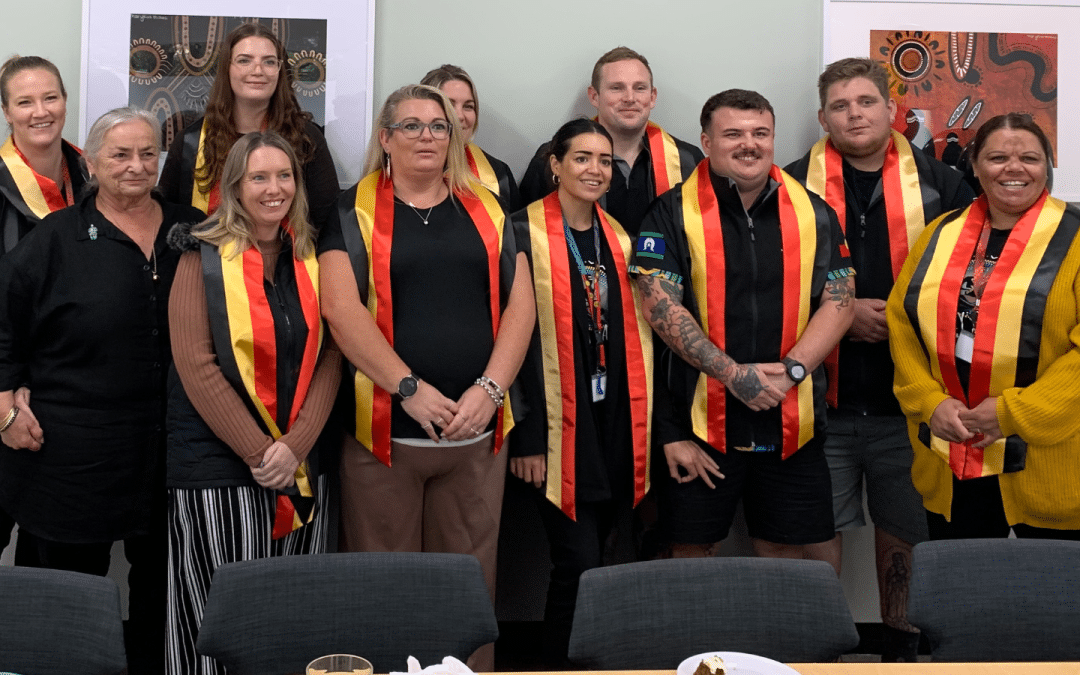
VACCHO celebrates the success of BDAC graduates
VACCHO congratulates the ten dedicated Bendigo and District Aboriginal Cooperative (BDAC) staff who graduated from the...
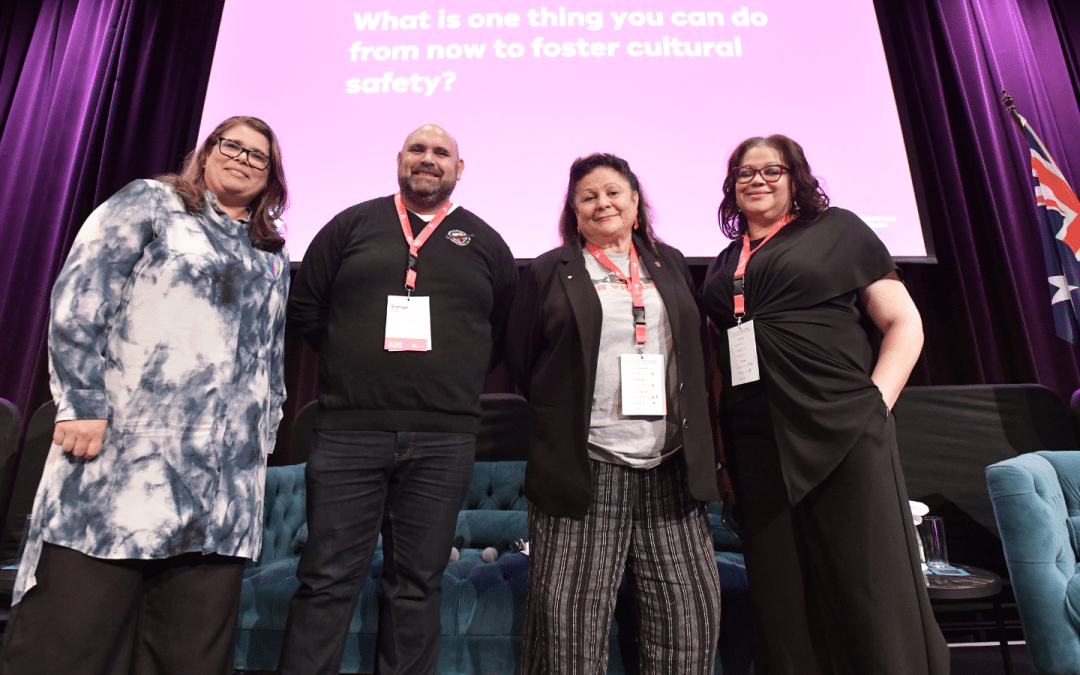
Hard-Hitting Cultural Safety Panel Session a Highlight of Victorian Health Sector Summit
VACCHO were proud to be a part of the 2024 Victorian Health Sector Summit which welcomed over 300 delegates including...
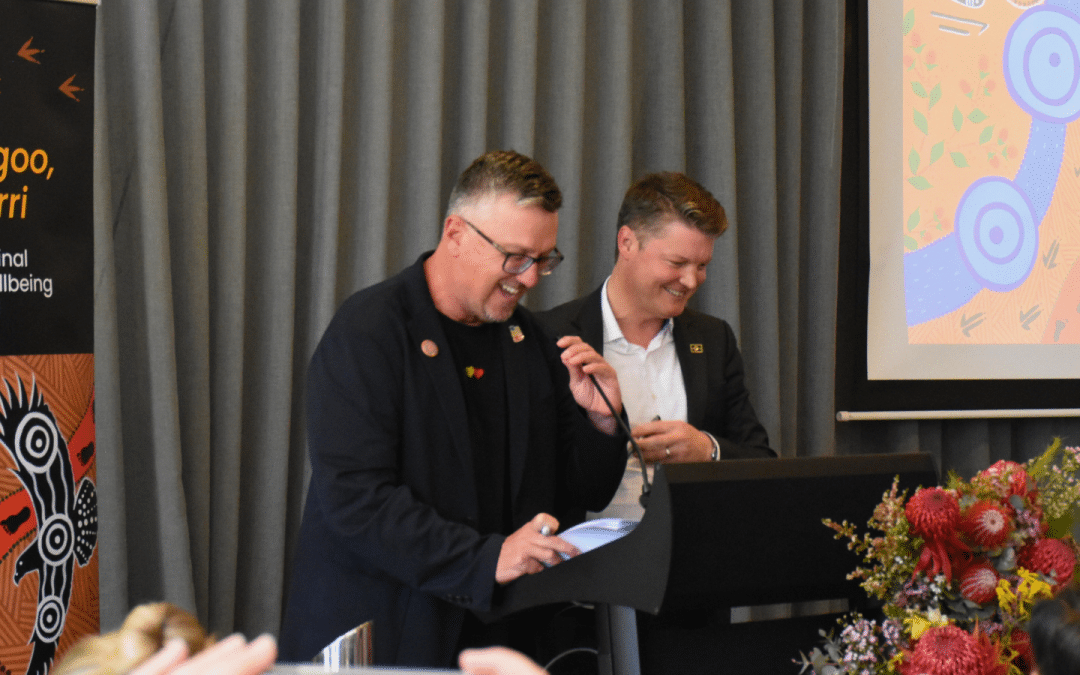
Researchers seek Government funding for ethical Aboriginal-led research
The research sector has been coming out in force to endorse the recently launched Victorian Health, Medical and...
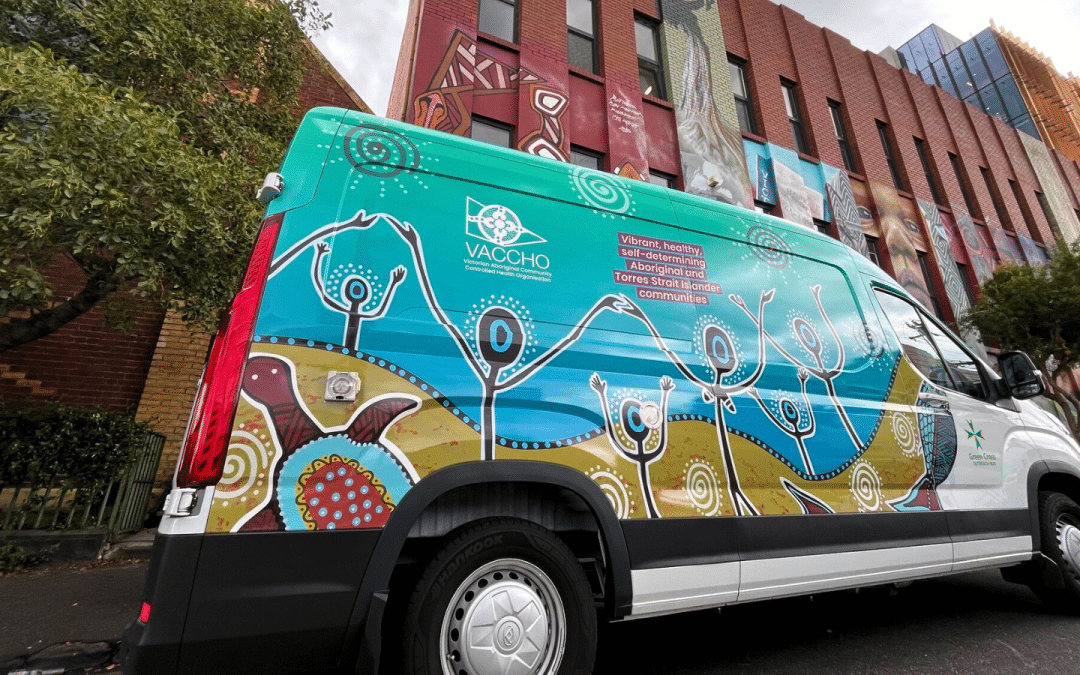
New Health Promotion Van to Boost Health Screening Access for Aboriginal Communities in Victoria
In an exciting collaboration, the Victorian Aboriginal Community Controlled Health Organisation (VACCHO) is thrilled...
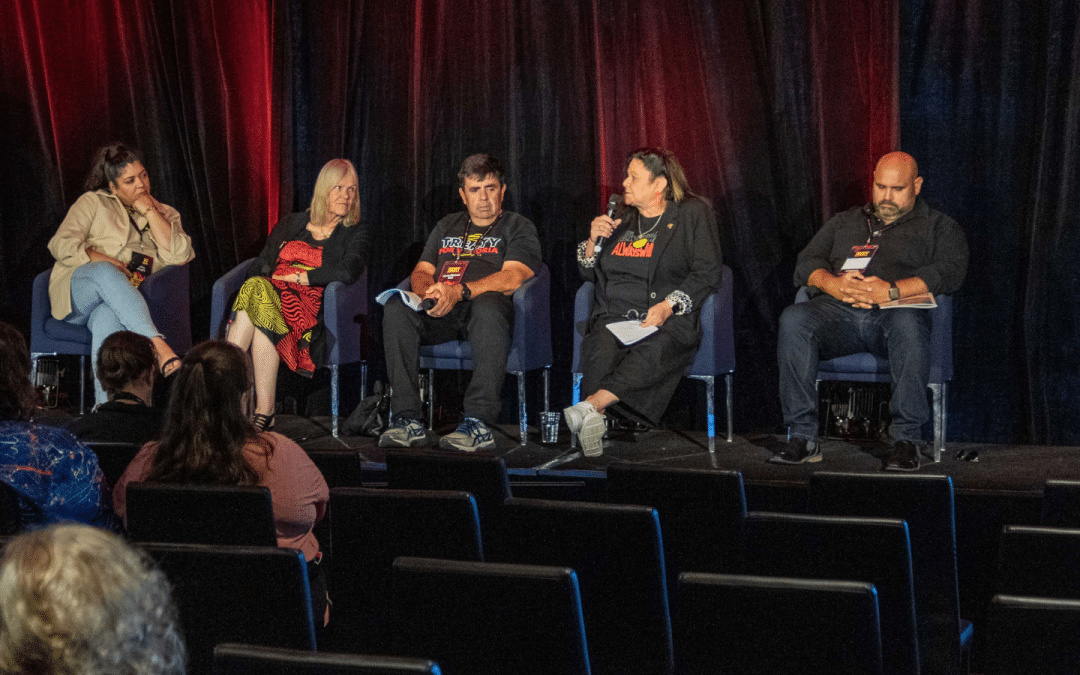
Historic Statewide Gathering Shapes Next Steps on Journey Towards Treaty
The Victorian Aboriginal Community Controlled Health Organisation (VACCHO) pays tribute to Communities across Victoria...
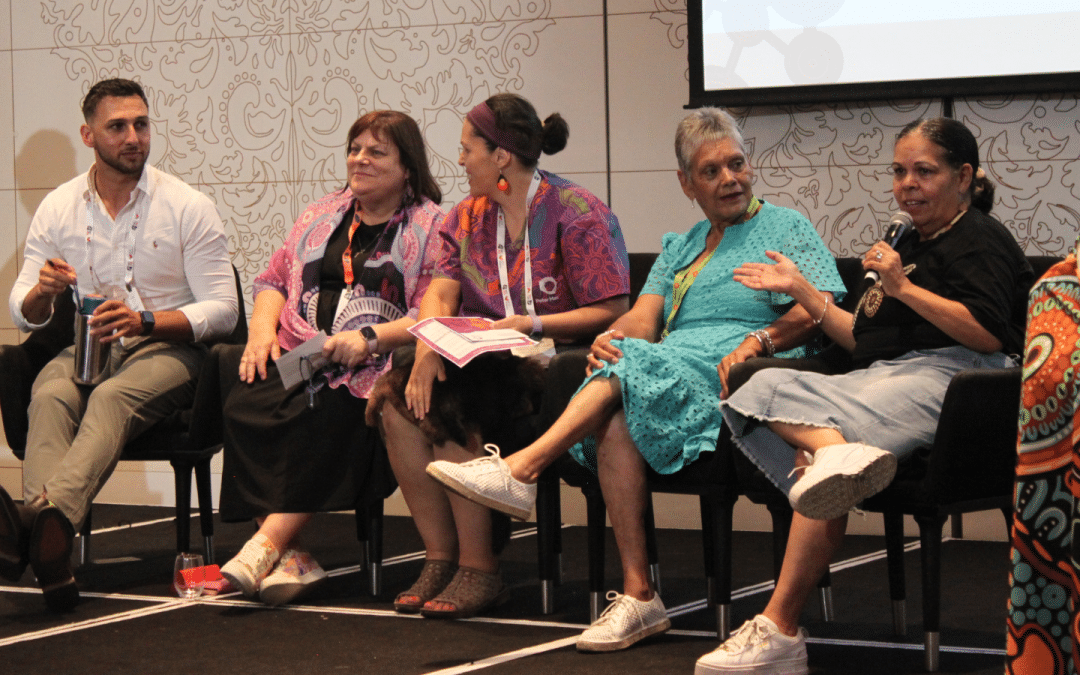
Transforming the Cancer Journey at World Indigenous Cancer Conference
Victorian Aboriginal Community Controlled Health Organisation (VACCHO) was honoured to attend the third World...
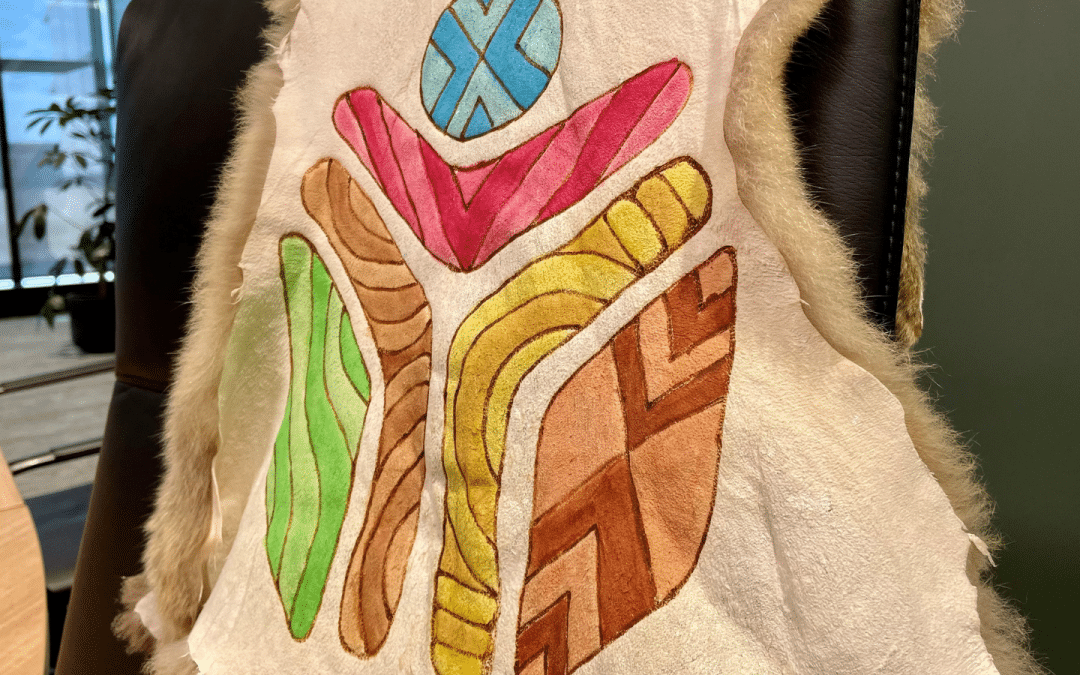
VACCHO Calls on State Government to Show Bold Leadership Following Underwhelming Response to Vital Yoorrook Recommendations
The Victorian Aboriginal Community Controlled Health Organisation (VACCHO) acknowledges the Victorian Government’s...
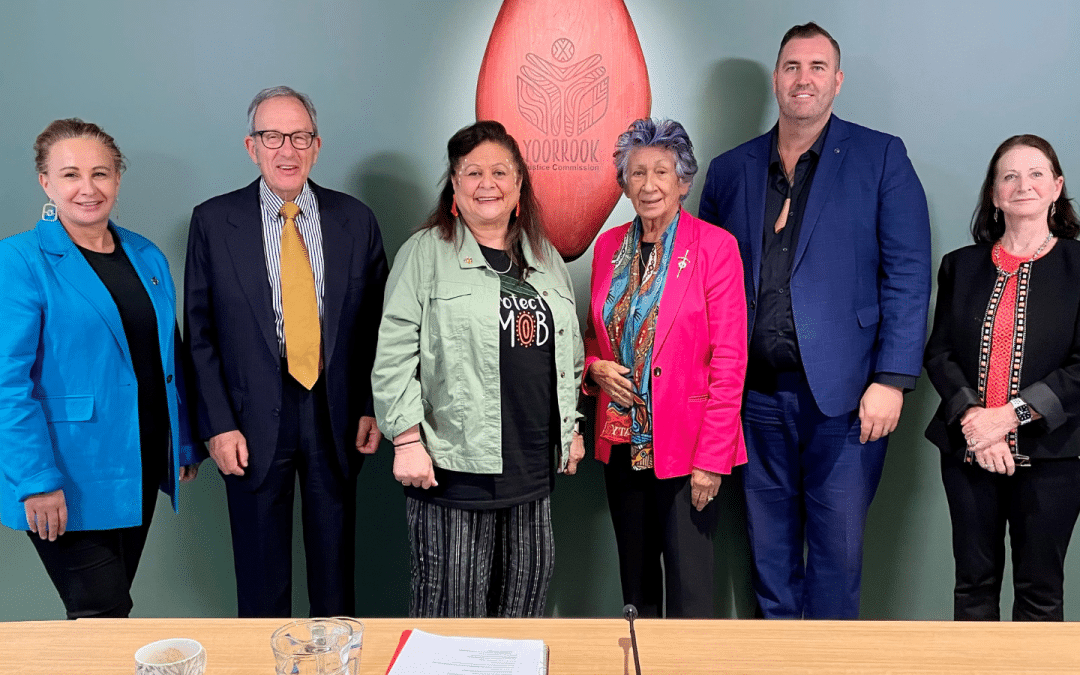
VACCHO CEO Jill Gallagher Delivers Compelling Evidence at Yoorrook Justice Commission’s Land Hearings.
Victorian Aboriginal Community Controlled Health Organisation (VACCHO) CEO Dr. Jill Gallagher AO has delivered a raw,...
The Beautiful Shawl Project
A collaborative, Community-led initiative providing safe and empowering breast screening experiences for Aboriginal and Torres Strait Islander women.
Events
BreastScreen Victoria with Gippsland and East Gippsland Aboriginal Co-operative
BreastScreen Victoria with Gippsland and East Gippsland Aboriginal Co-operative
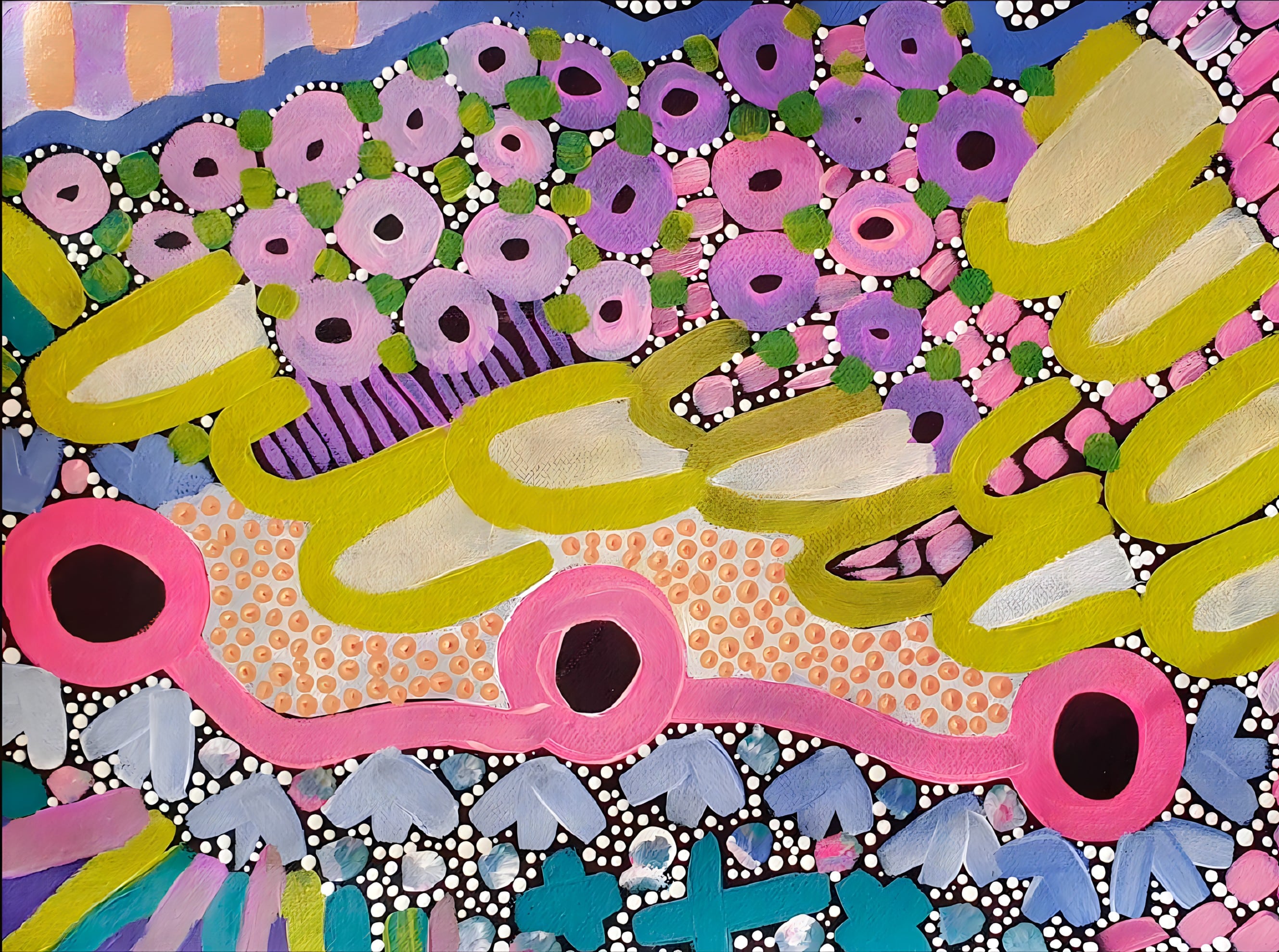
The
Balit Durn Durn
Centre
We are proud to announce the establishment of the Balit Durn Durn Centre, an initiative designed to foster innovation and improvement in social and emotional wellbeing practice, policy and research.
Aboriginal Health and Wellbeing Partnership Agreement & Action Plan
The Aboriginal Health and Wellbeing Partnership Forum brings together Aboriginal organisations, the Victorian Government, and the mainstream health sector with a shared vision of Aboriginal people having access to a health system that is holistic, culturally safe, accessible, and empowering.
Our Members





























